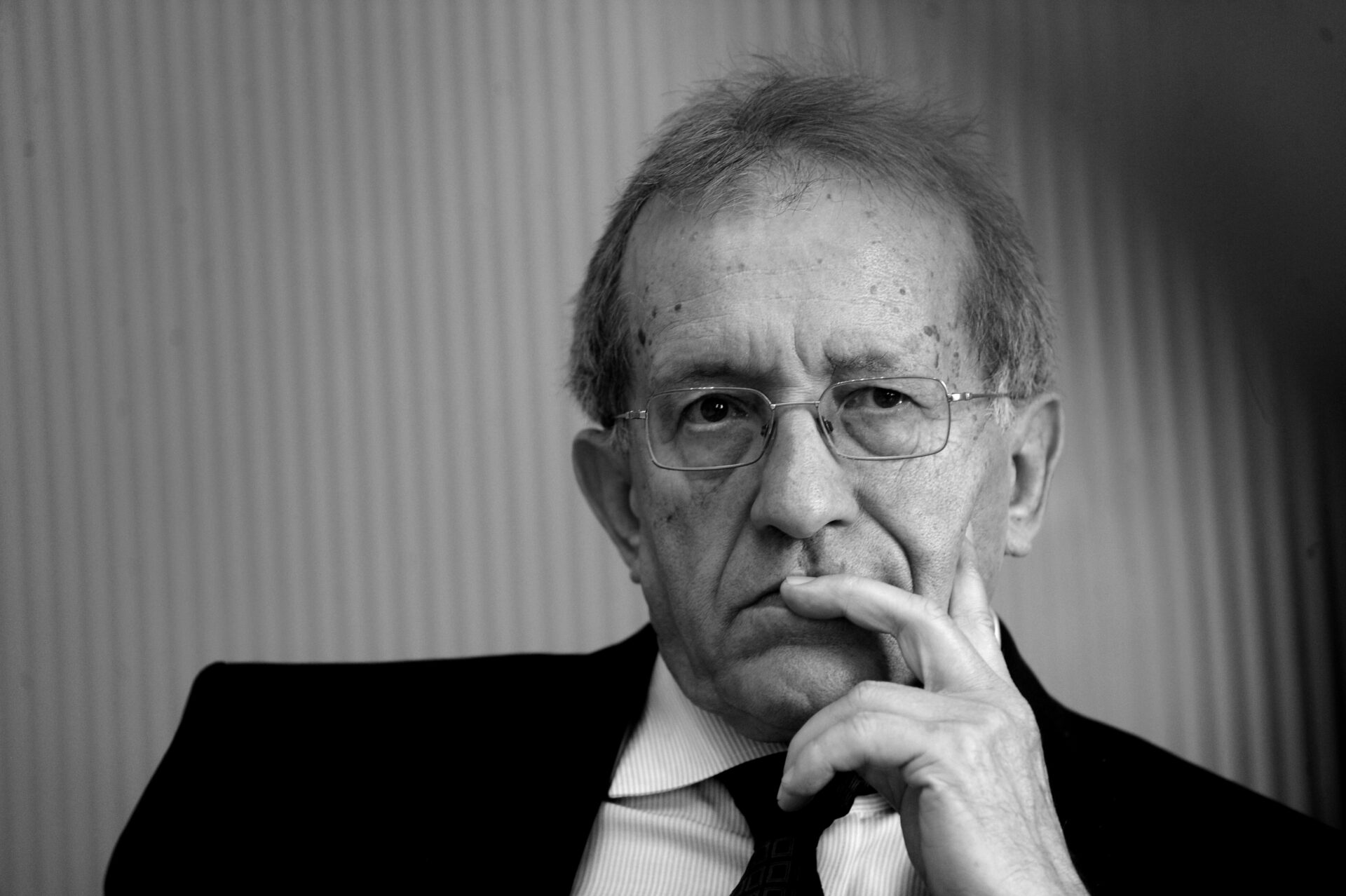
In Memoriam of Helmut Kramer
In 1989, the University of Vienna awarded him an honorary professorship for Austrian economic policy. From 2005 to 2007, Helmut Kramer was Rector of Danube University Krems. He leaves behind a wife and three daughters.
"We express our deepest condolences to his family. Helmut Kramer's excellence and objectivity as an economic researcher made him an economic policy advisor to all Austrian Governments since 1970. He also transformed the Austrian Institute of Economic Research from a national institute into an international research organisation. Under his leadership, WIFO scientifically accompanied the European integration process and pointed out the advantages of integration beforehand, but also the necessary changes," says WIFO Director Gabriel Felbermayr.
"Helmut Kramer's professional career was characterised by four core competencies: Economic research, policy advice, teaching and management. The successful utilisation of these four competencies made WIFO an internationally renowned economic research institute during his tenure as director," says Karl Aiginger, who took over as director of WIFO from Kramer in 2005 and held this position until 2016.
Kramer was regarded as a generalist at WIFO: "Few economists analysed economic activity and growth like him, recognised the contribution of supply and demand to economic dynamics or used the depth of input-output analysis to map complex interdependencies and technological trends," says Aiginger. Kramer investigated the consequences of European integration and globalisation, but also developed strategies for federal states and regions or examined tax structures and administrative costs. The question he posed early on about the consequences and necessary changes in Europe's ageing societies is a central research interest today. As head of WIFO and economist, Helmut Kramer also focussed on the tense relationship between economic science and its political applications.
In his articles of the WIFO-Monatsberichte on the 2008 economic crisis, he outlined the need to open up economics more in order to achieve progress on important social development issues.
In addition to his management role, he took on numerous teaching assignments. The university served Kramer as a source of ideas, to substantiate hypotheses and as a basis for economic policy advice. In his teaching assignments at universities in Germany and abroad, Helmut Kramer shared his findings from analyses and advice with students. In addition, he promoted dialogue with academically trained economists in order to deepen the empirical relevance of both academic and political research questions.

